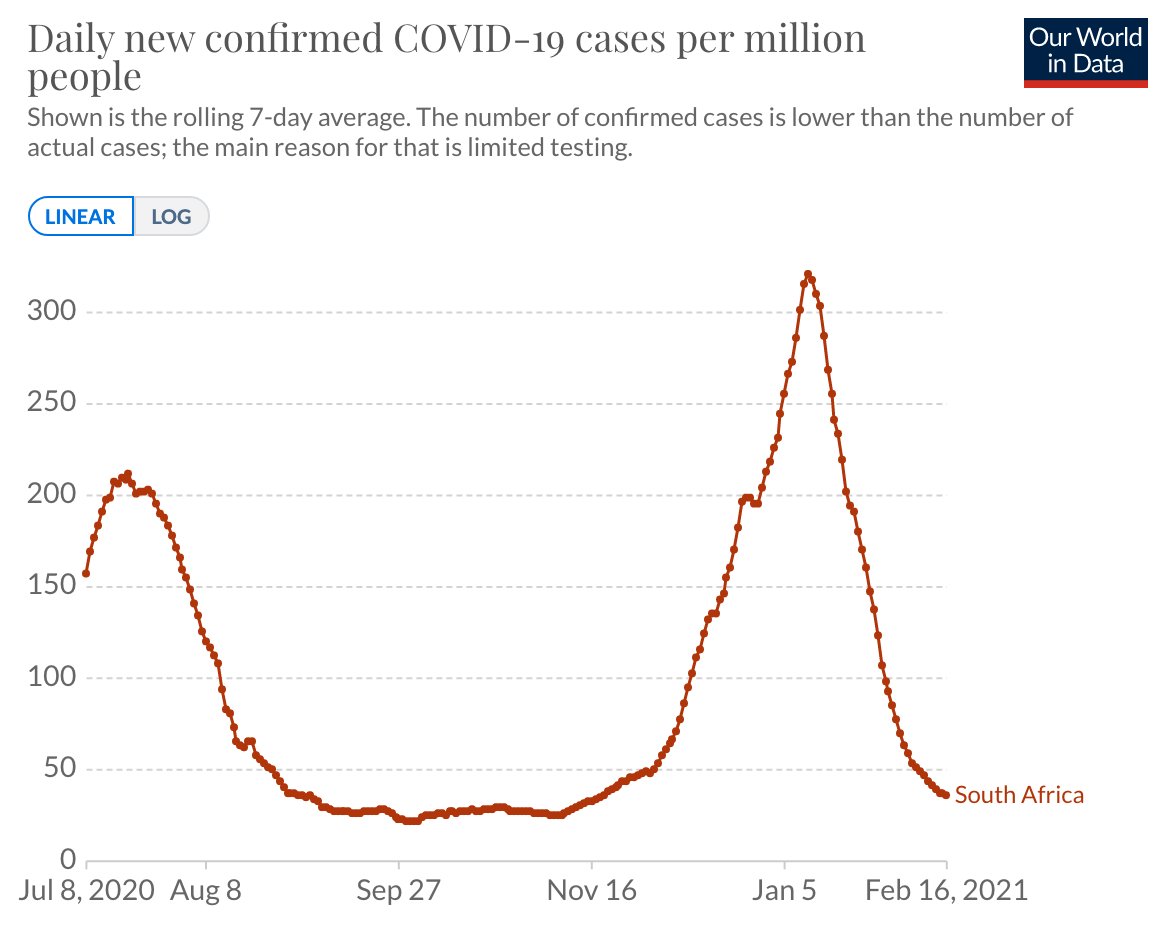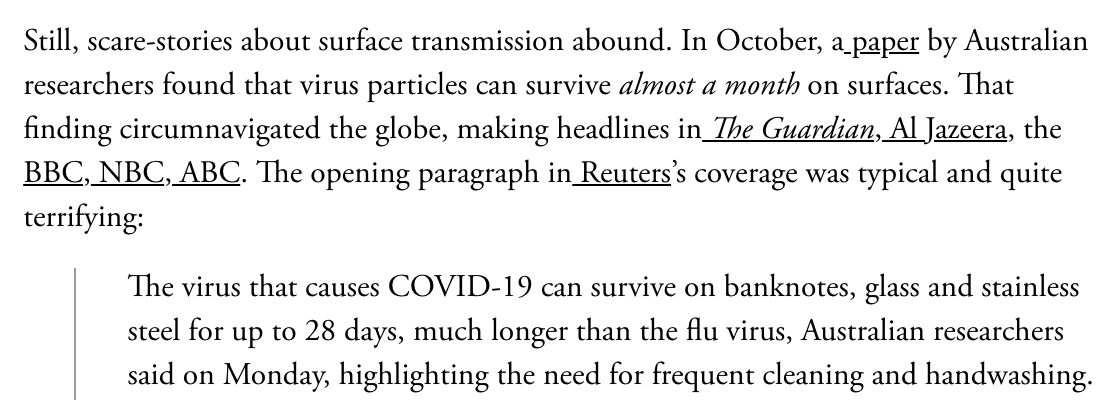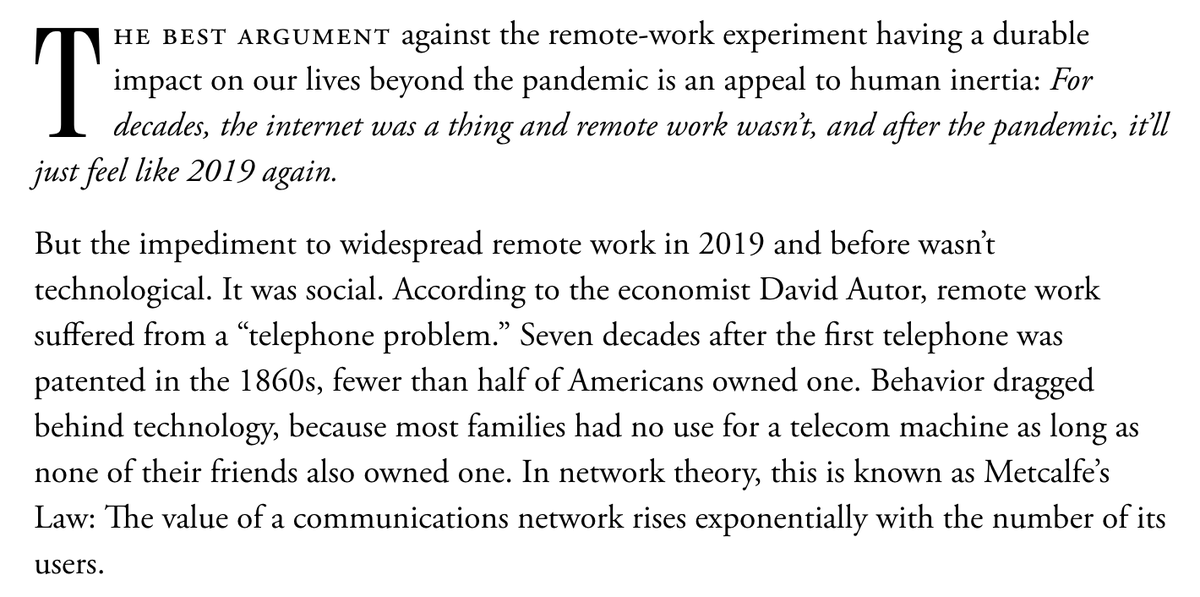
i think it would help the discourse to have a more sophisticated theory of—and maybe a word for—instances when perceived cancellations create publicity and riches for the cancelled party
We have a Streisand Effect: efforts to remove information often ironically publicize that information
It needs a Cancel Culture Corollary: the perception of unfair cancellation often leads to more subscriptions, or purchases
It needs a Cancel Culture Corollary: the perception of unfair cancellation often leads to more subscriptions, or purchases
what I need is a PhD student in Internet sociology to write the following dissertation asap: "Cancel Culture or Can-Sell Culture? On the Merchandization and Mendacity of Cultural Stigma in 21st Century America"
https://twitter.com/ScottNover/status/1368675991858610179?s=20
to be clearer, the reason we need this word is not bc "all cancellations are BS," but rather bc some cancellations are real, some are mislabeled or BS, and some—irrespective of their BS levels—end up making the canceled a lot of money. and that's interesting!
• • •
Missing some Tweet in this thread? You can try to
force a refresh













